Africa
Call to overhaul the West African CFA franc, a currency tied to the euro and historically rooted in French colonial rule, raise a host of thorny problems, analysts say.
Eight countries use the euro-pegged West African CFA franc, which enjoys unlimited convertibility with the euro.
This is brought about by the countries depositing 50 per cent of their reserves with the Bank of France, which guarantees payments into euros even if a CFA member state cannot cover import payments.
The link to France and the euro provides an important measure of financial stability – but is politically sensitive in countries that have been independent from France for nearly six decades.
Earlier this year the 15 member states of the Economic Community of West African States (Ecowas) agreed to adopt a single currency, the “eco”, as early as next year. As Ecowas includes the eight members of the West African Monetary Union (Wamu), the eco would supplant the CFA franc for those countries.
But prospects of earlier changes to the region’s currency dramatically surfaced this month when Benin leader Patrice Talon said the Wamu states planned to pull their reserves from the Bank of France.
“We are all agreed, unanimously, that we should put an end to this model,” Mr Talon told French broadcasters RFI and France 24 on Nov 14.
He said there was a “psychological problem” with the CFA franc rather than a “technical” problem.
Ruben Nizard, an economist with export insurance firm Coface who focuses on Africa, sounded a loud note of caution. “Withdrawing exchange reserves (from French supervision) would call into question one of the pillars of the franc zone,” notably the convertibility guarantee offered by Paris, Mr Nizard said.
If the guarantee is scrapped, this would open the door to questioning the franc’s fixed exchange rate, of 655.96 CFA to the euro. “Fixing the rate reduces the exchange risk for investors and exporters – that’s a great benefit,” Mr Nizard said.
But critics of the CFA franc in its current form complain that the peg with the euro puts the economies of the CFA franc zone in a straitjacket. They are tied to the eurozone’s monetary policy, which is unsuited to their needs, they argue.
“It requires our central banks to follow very restrictive monetary policies,” said Demba Moussa Dembele, a Senegalese economist and director of the Forum for African Alternatives think tank. “The priority of African economies is not the fight against inflation – they need investment and jobs.”
But there are other factors in the debate, beyond management of monetary and economic policies.
“Changing the location of where reserves are held is above all a political and symbolic issue,” said Noel Magloire Ndoba, a Congolese economist, consultant and former dean of Brazzaville’s Faculty of Economic Sciences.
“Why not deposit these reserves with an African central bank? We are in the 21st century, Africa must take over management of its own central bank and currency,” he argued.
By severing the chain to the euro, West African countries would then be able to link the CFA franc to a basket of currencies, which would better suit the region’s exporters, he added.
“We need to move to fixing it against a basket of currencies, the euro, the dollar, the yuan, which corresponds to Africa’s trade partners – Europe, the United States and China.”
France, for its part, is letting the CFA franc members decide what they want to do. “If a majority of CFA zone member states wish to advance towards an ambitious reform we would say yes,” French Finance Minister Bruno le Maire said.
AFP



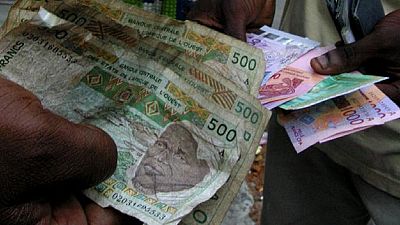

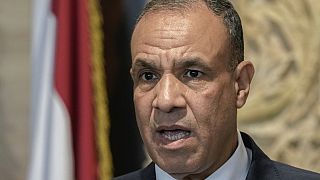


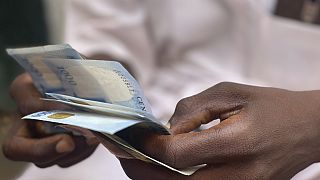
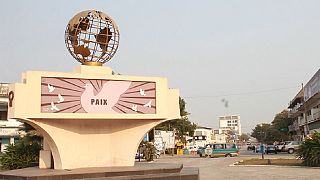


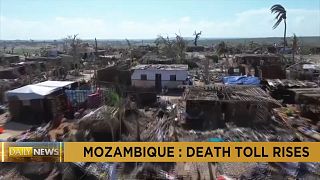

Go to video
Rwandan President Paul Kagame confirms bid to host Formula One race
01:16
António Guterres' vision for climate justice in Africa's G20 leadership
01:12
Pope Francis Appoints 21 New Cardinals, Highlighting Global Inclusion
01:10
Biden, Lourenço, Tshisekedi tour Lobito port
01:10
Prince William honors conservation heroes at Tusk Awards in London
Go to video
Zimbabwe seeks debt restructuring to unlock funding and rebuild economy